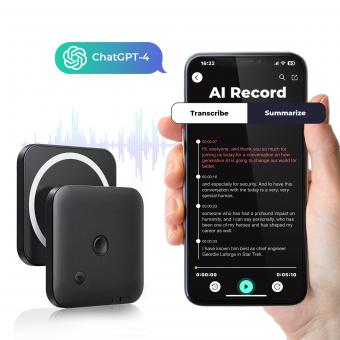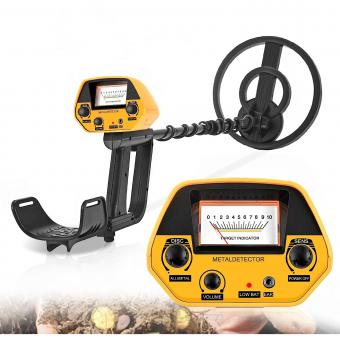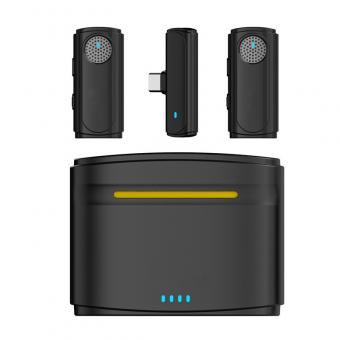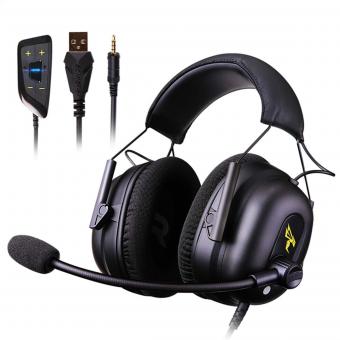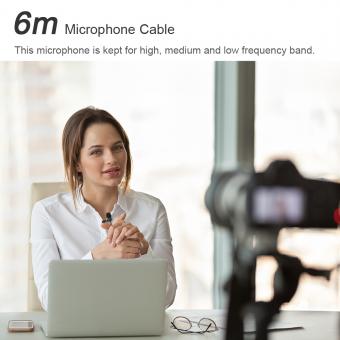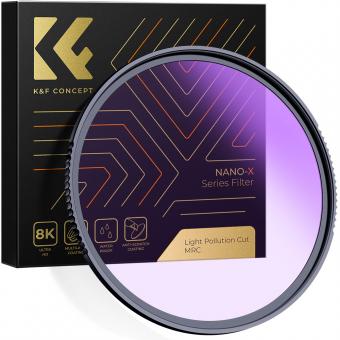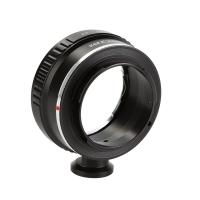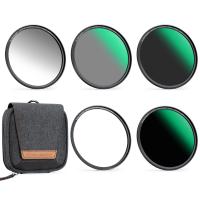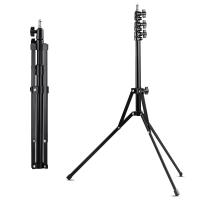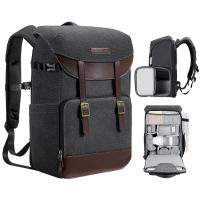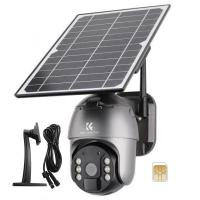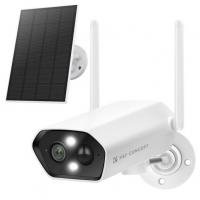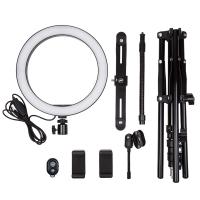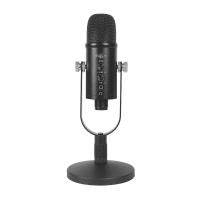How To Search For Sound Recordings?
In today's digital age, the ability to search for sound recordings has become increasingly important for a variety of users, from music enthusiasts and researchers to content creators and educators. Whether you're looking for a specific song, a historical speech, or a unique sound effect, knowing how to effectively search for sound recordings can save you time and effort. This article will guide you through the various methods and tools available for finding sound recordings, addressing common challenges and providing practical solutions.
Understanding Your Needs
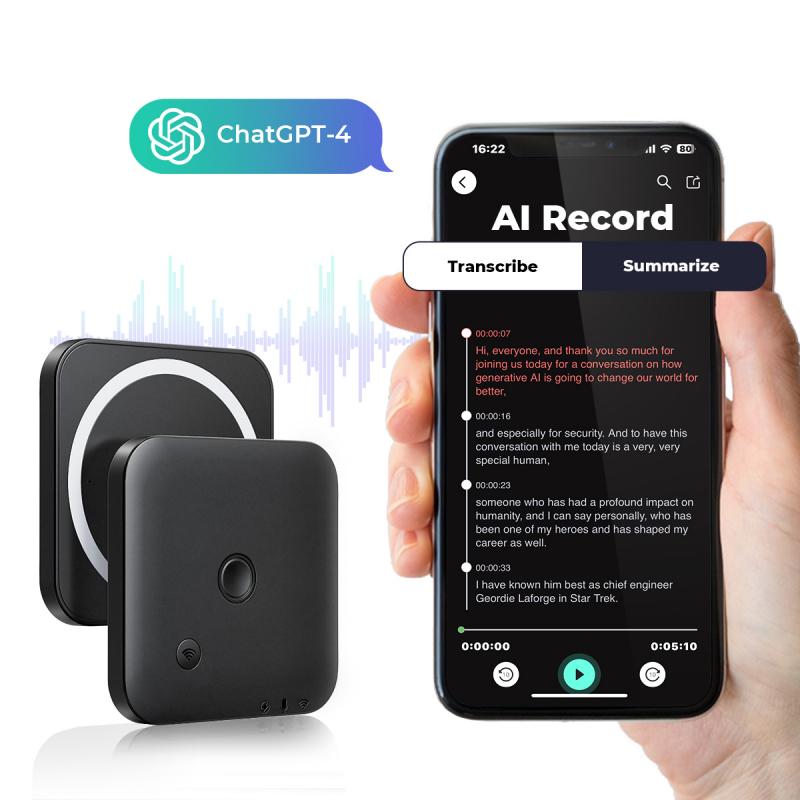
Before diving into the search process, it's crucial to clearly define what you're looking for. Sound recordings can be broadly categorized into several types:
1. Music Tracks: Songs, albums, and instrumental pieces.
2. Speech Recordings: Interviews, speeches, and podcasts.
3. Sound Effects: Environmental sounds, Foley effects, and synthesized noises.
4. Historical Recordings: Archival audio, old radio broadcasts, and oral histories.
Identifying the category of your desired sound recording will help you choose the right search tools and strategies.
Using General Search Engines
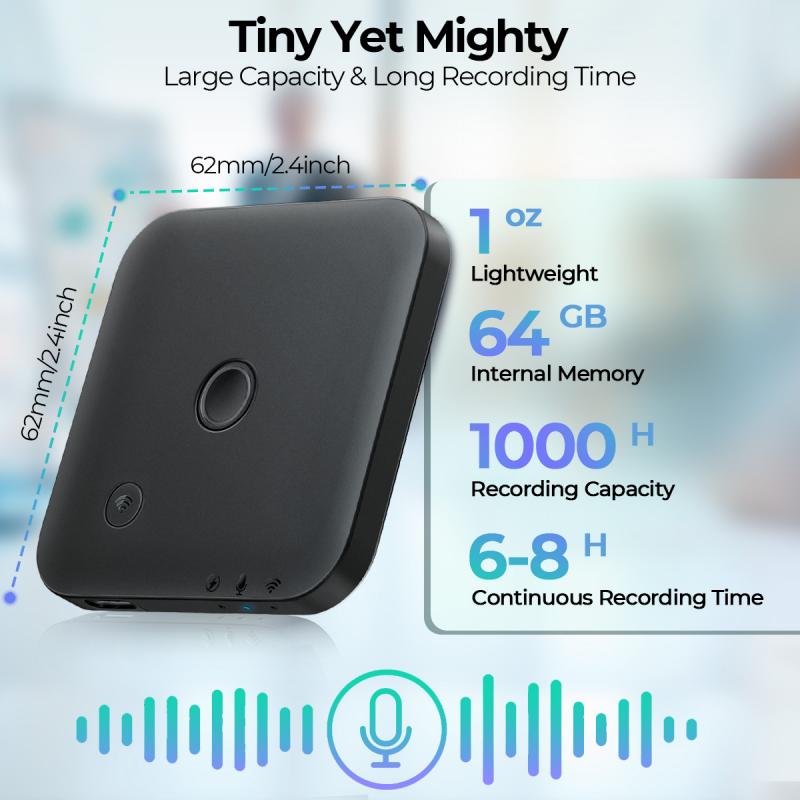
General search engines like Google can be a good starting point for finding sound recordings. Here are some tips to enhance your search:
1. Use Specific Keywords: Include the title, artist, or a unique phrase from the recording. For example, searching for "Beethoven Symphony No. 9 mp3" will yield more relevant results than just "Beethoven music."
2. Utilize Advanced Search Operators: Use quotation marks for exact phrases, and the minus sign to exclude unwanted results. For example, "Beethoven Symphony No. 9" -remix.
3. Search for File Types: Add file type extensions like mp3, wav, or flac to your search query. For example, "Beethoven Symphony No. 9 filetype:mp3."
Dedicated Music and Audio Platforms
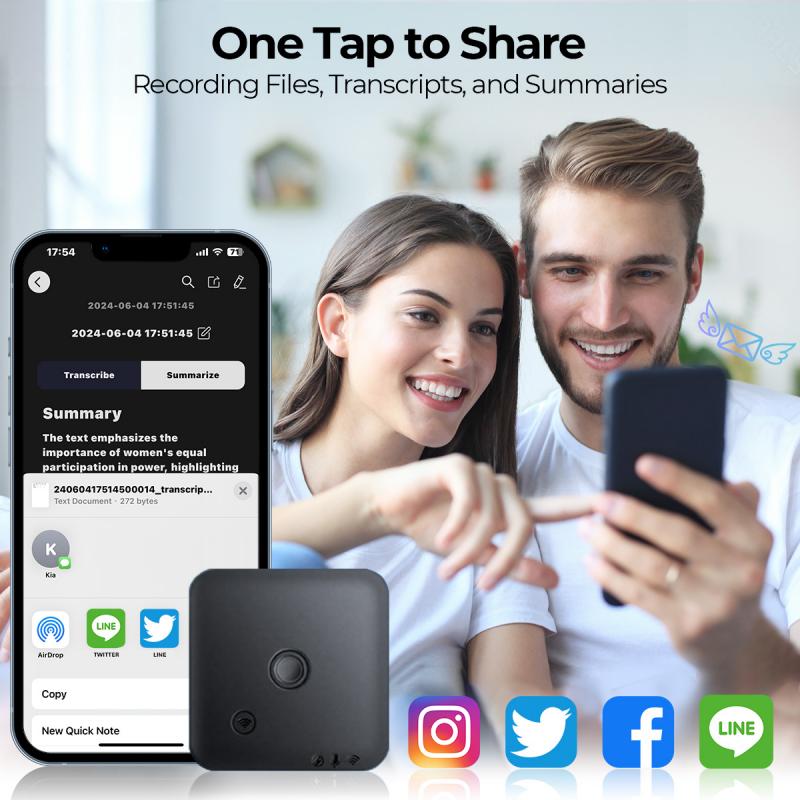
Several platforms specialize in music and audio content, offering extensive libraries and advanced search functionalities:
1. Spotify and Apple Music: These streaming services provide vast catalogs of music tracks. Use their search bars to find specific songs, albums, or artists. Both platforms also offer curated playlists and recommendations based on your listening history.
2. SoundCloud: Ideal for discovering independent artists and unique sound recordings. Use tags and genre filters to narrow down your search.
3. Bandcamp: Focuses on independent music, allowing you to search by genre, artist, or album. Bandcamp also supports direct purchases from artists.
4. YouTube: A rich resource for music videos, live performances, and user-uploaded content. Use the search bar and filters to find specific recordings.
Libraries and Archives
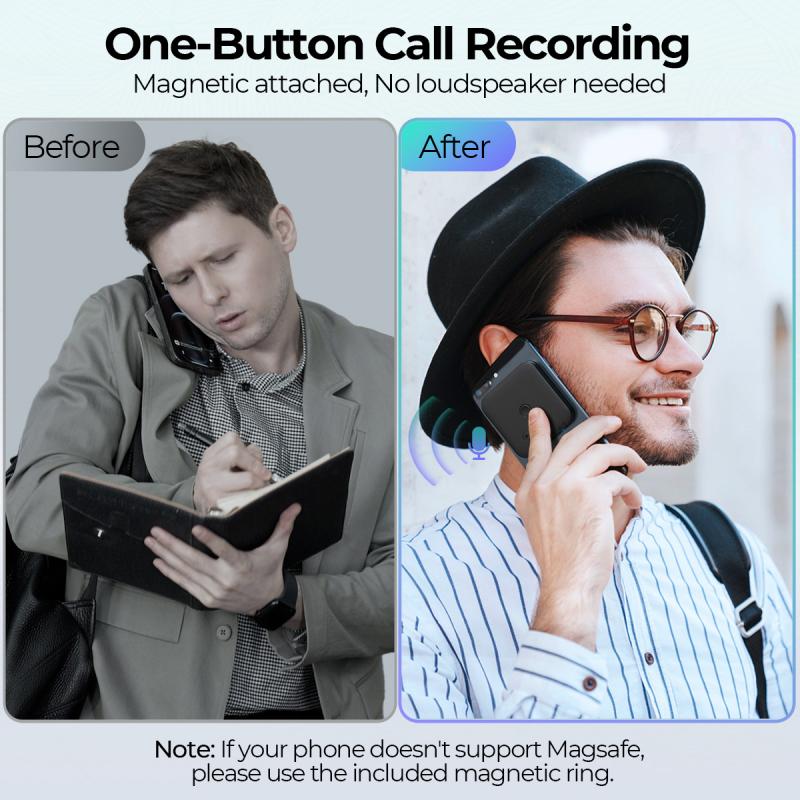
For historical recordings and academic research, libraries and archives are invaluable resources:
1. Library of Congress: Offers a vast collection of historical sound recordings, including speeches, interviews, and music. Use their online catalog to search for specific items.
2. British Library Sound Archive: Contains over a million sound recordings, from classical music to oral histories. Their online search tool allows you to explore the collection.
3. Internet Archive: A digital library with a wide range of audio recordings, including old radio shows, music, and spoken word. Use the search bar and filters to find specific recordings.
Sound Effect Libraries
For sound effects, several specialized libraries offer extensive collections:
1. Freesound: A collaborative database of Creative Commons licensed sound effects. Use tags and categories to find specific sounds.
2. SoundBible: Provides free sound effects for various uses. Search by keyword or browse through categories.
3. AudioJungle: A marketplace for royalty-free sound effects and music. Use the search bar and filters to find the perfect sound for your project.
Advanced Search Techniques
To further refine your search, consider these advanced techniques:
1. Metadata Search: Many sound recordings come with metadata, such as artist name, album title, and genre. Use this information to enhance your search queries.
2. Reverse Audio Search: Tools like Shazam and SoundHound can identify songs by listening to a short clip. This is useful if you have a recording but don't know its details.
3. Boolean Operators: Use AND, OR, and NOT to combine or exclude keywords. For example, "classical music AND violin NOT remix."
Legal and Ethical Considerations
When searching for sound recordings, it's important to respect copyright laws and ethical guidelines:
1. Check Licensing: Ensure that the recordings you find are legally available for use. Look for Creative Commons licenses or other permissions.
2. Attribute Properly: If using sound recordings in your projects, provide proper attribution to the creators.
3. Avoid Piracy: Do not download or distribute copyrighted material without permission.
Practical Applications
Understanding how to search for sound recordings can benefit various fields:
1. Education: Teachers can find historical speeches and educational podcasts to enhance their lessons.
2. Content Creation: YouTubers and podcasters can discover unique sound effects and background music for their content.
3. Research: Historians and researchers can access archival audio for their studies.
4. Entertainment: Music enthusiasts can explore new artists and genres.
Searching for sound recordings can be a straightforward process if you know where to look and how to refine your search. By using general search engines, dedicated platforms, libraries, and advanced techniques, you can efficiently find the sound recordings you need. Always remember to respect legal and ethical guidelines to ensure that your use of sound recordings is both responsible and respectful. Whether you're a student, content creator, or music lover, mastering the art of searching for sound recordings will open up a world of auditory possibilities.


